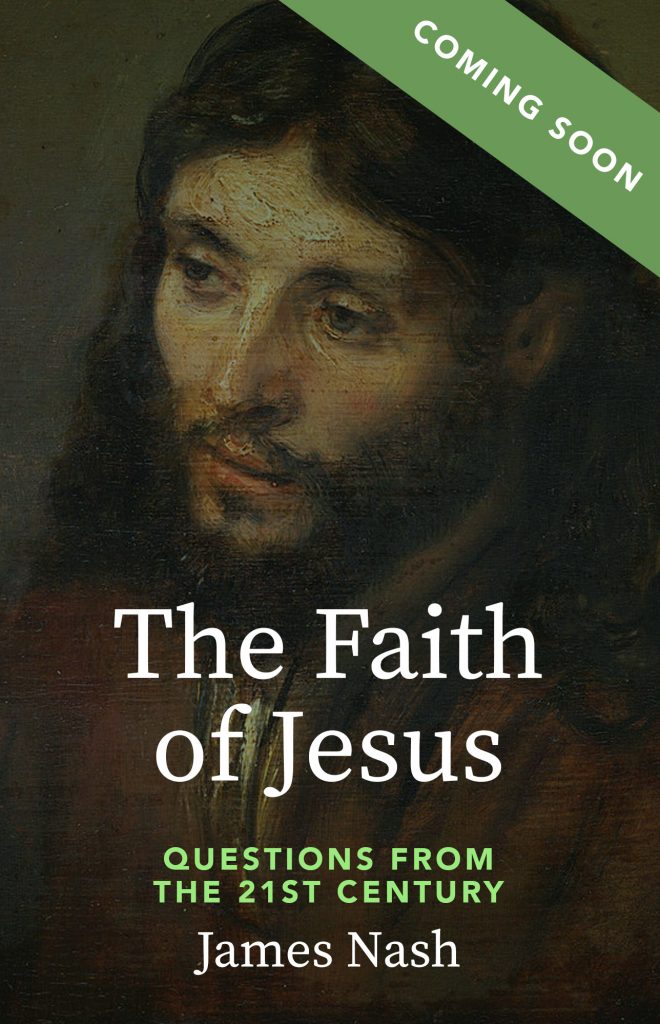31st Sunday Ordinary Time
Wisdom 11:22-12:2
2 Thessalonians 1:11-2:2
Luke 19:1-10
Too often we can read the Hebrew Scriptures as involving more judgment than mercy, but today’s first reading shows how wrong it is do that. God not only has created us all, but we would cease to live without God’s sustaining love for us. It can be difficult for us, at times, to remember that God continues to love everyone, even the worst evildoers.
It is also hard for us to believe that evildoers can change their ways. Today’s story is a reminder of something Jesus tells us one chapter earlier, that with God all things are possible. (Luke 18:27)
Everyone in Jesus’s time hated tax collectors because they were seen as evil-doers. They collaborated with the Roman oppressors and often extorted money out of poor people in order to line their pockets. We are told Zacchaeus was a “chief” tax collector, so presumably he was a worse sinner than your garden variety tax collector. We are also told he was “rich,” which would seem to confirm he had profited from his perfidy.
Zacchaeus must have been curious about Jesus, as he went to the trouble to climb a sycamore tree in order to “see who Jesus was.” This story is unique to Luke, and the vivid details he gives us makes it seem as though it happened yesterday. Zacchaeus was so short he couldn’t get a glimpse of Jesus without climbing a tree. Sycamores are one of the tallest trees: old world varieties can grow one hundred feet high. Zacchaeus probably didn’t have to climb that high, though, to see Jesus.
This story is somewhat frustrating because of the details it omits. For example, why did Zacchaeus want to see Jesus so badly? We don’t know. But by now, Jesus’s reputation of consorting with sinners and tax collectors no doubt preceded him. This may have provoked Zacchaeus’s curiosity. Maybe he also was ready for a change. In any event, his desire to see Jesus and scale the tree led to Jesus seeing him, and this changed his life. Jesus would know at once Zacchaeus was at least curious, or he wouldn’t have climbed up that sycamore tree.
How did Jesus know Zacchaeus was ready to change his life? Jesus may have sensed more than idle curiosity, or he would not have invited himself into Zacchaeus’s house. We know Jesus could read people well just by looking at them.
We need to remember the reputational risk Jesus took by inviting himself to stay with this rich tax collector. It is bad enough Jesus agreed to share meals with such evil people, but now he is taking the initiative with them. Can you imagine a religious leader today asking a rich drug gang leader if they could spend some time together?
The greatest mystery of all in this story is that we have no idea what led Zacchaeus to change his life so dramatically. Was it something that Jesus said that provoked the tax collector to sell half his wealth for the poor? Or was it simply Jesus’s presence? We will never know!
Perhaps one of the points of the story is it forces us to face head on the mystery of all conversions. We can never fully understand or explain them, any more than we can understand or explain God. Sometimes we simply need to accept in wonder a mystery as it is, and let it be.
Remember Jesus saying, “It is easier for a camel to go through the eye of a needle than for a rich man to enter the kingdom of God”? (Luke 18:25). In today’s reading, which comes in very next chapter, Luke gives us an example of salvation coming to the house of a rich man.
Whenever we are tempted to conclude that an evil person is beyond redemption, we should remember this story and the mystery of all conversions. “What is impossible with men is possible with God.” (Luke 18:27)


